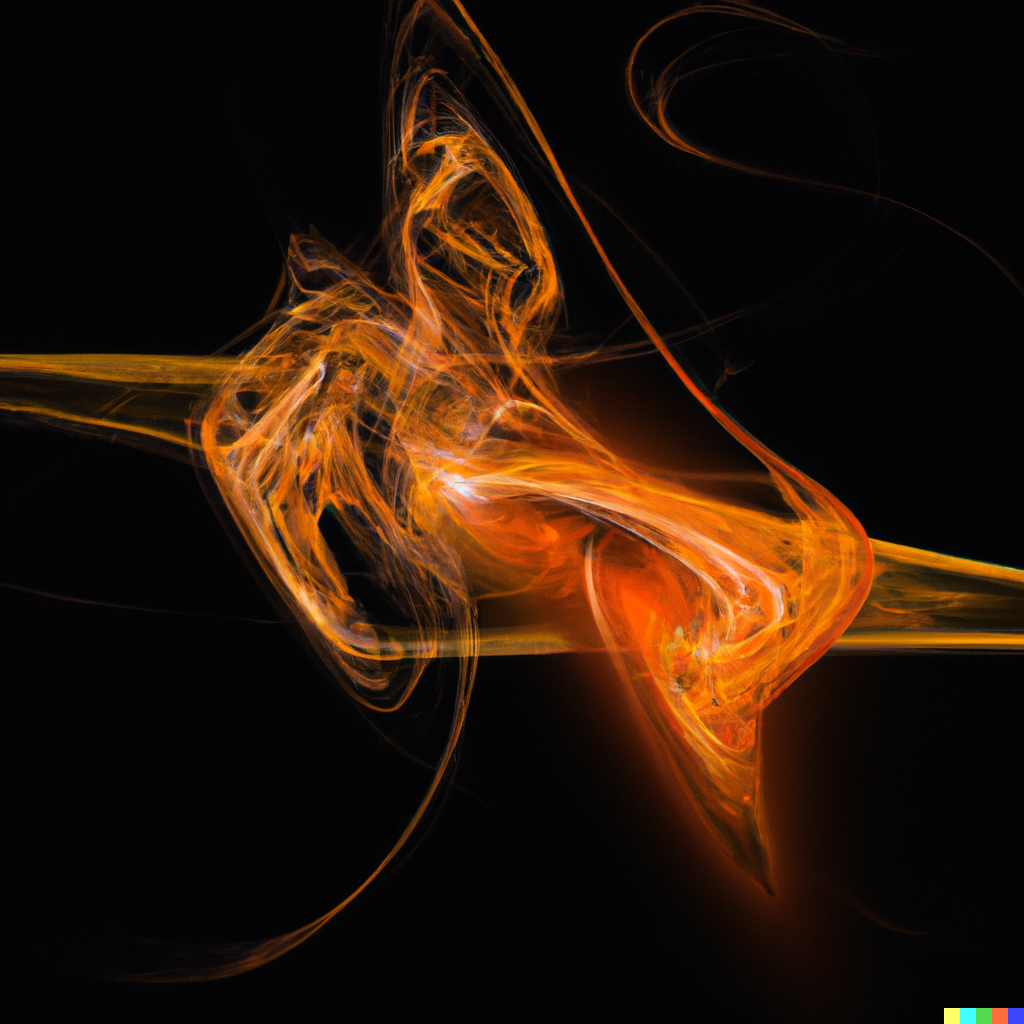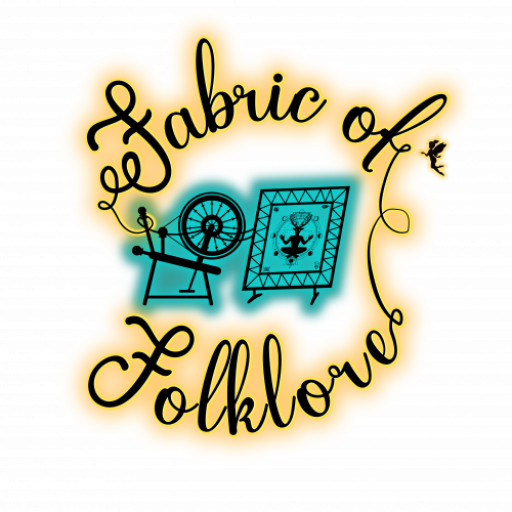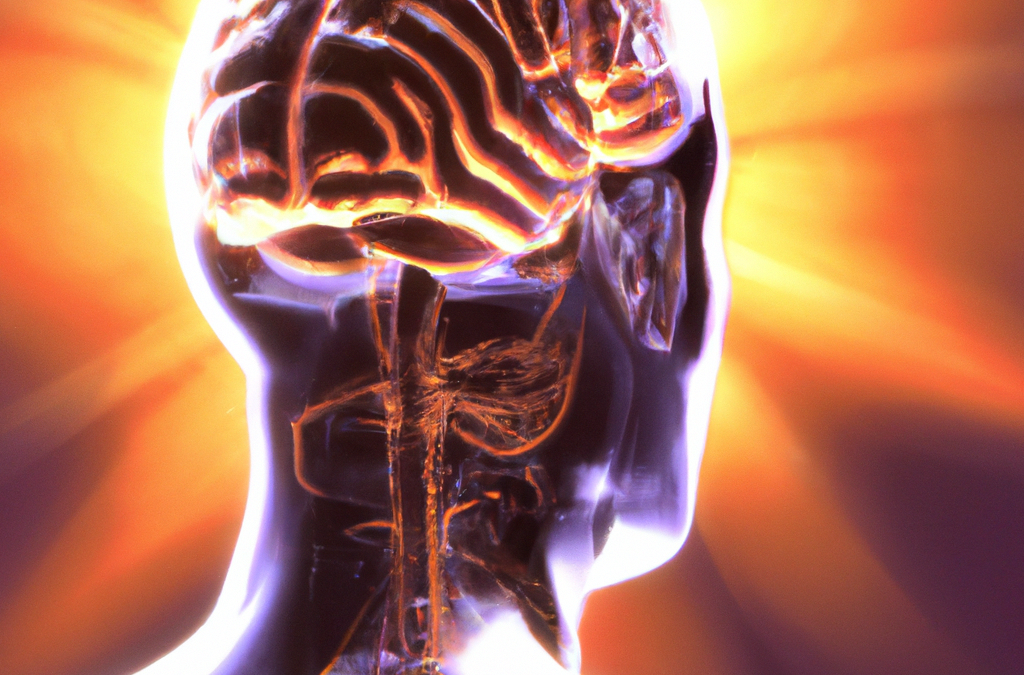Different cultures show different understandings of consciousness, soul, and spirit. Native indigenous traditions have recently seen a resurgence of interest and are being used in psychotherapy, mental health counselling, and psychiatry.

I came across an incredible investigative study, Variability in Cultural Understandings of Consciousness: A Call for Dialogue with Native Psychologies with the aim of exploring and summarizing the native indigenous concepts of consciousness, soul, and spirit. This study highlights the importance of integrating Indigenous knowledge into scientific discourse, opening up new avenues for interdisciplinary research and collaboration.
Past research has shown that conceptualizations of consciousness can vary widely between cultural groups and different geographical regions. The present study explores variability among a few of the thousands of Indigenous cultural understandings of consciousness. Overall, the findings call for continued investigation into Indigenous concepts of consciousness and their relevance in contemporary contexts.
Radek Trnka, one author of the paper, is an anthropologist working at the Prague College of Psychosocial Studies and in the Social Health Institute at Palacký University in Olomouc. In place of participating in a live interview, Dr. Trnka opted for written interview questions about his fascinating work.
- Can you define what you mean by consciousness?
Thank you for the invitation to this interview. Being a scientist, it’s tricky to separate my everyday understanding from the scientific literature I read. But basically, consciousness, to me, is being aware of myself and world around me – everything you know, think, feel, or perceive…
- You talk about different layers of consciousness. Can you explain what you mean?
Sure thing! We’ve been investigating the Indigenous concepts of consciousness. When we met different Indigenous meanings, we realized that Indigenous people see it not just in people, but also in animals, plants, even stones. Certainly, they acknowledge that manifestations of consciousness in humans, animals, plants, and even stones exist at different levels. While some elements are shared, they differentiate between these forms of consciousness and recognize their specificity. Some consciousness types seem more developed than others. So, we started using the term ‘layers’ to describe this developmental aspect.
- Has consciousness been compared across other cultures?
Absolutely. In our special symposium published in June 2023 in Journal of Consciousness Studies, we looked into Indigenous cultures less influenced by big religions like Christianity, Islam, or Buddhism. We gathered and compared meanings originating in native Indigenous traditions.
- Who was involved in the study? There were people from different fields of study is that right?
Yeah, the authors in our symposium were mostly made up of anthropologists, but there were a few psychologists and linguists too. Many were actually from the Indigenous cultures we were studying, which was really great. It brought truly epic, insider insights.
- Why were you interested in studying Indigenous concepts of consciousness?
Well, I like treading the line between psychology and anthropology. Psychology has been a monocultural science so far, and the perspectives of other cultures can be very inspiring.
- How do those concepts differ from many western ideas of consciousness?

Oh, in many ways. Some matched up with our scientific knowledge, but others see consciousness as a kind of energy, a vital force, a kind of being, or a capacity to respond to communicative signals. It’s interesting to note that Indigenous cultures often grasp individual consciousness in relation to other living organisms or objects.
- What differences did you see between the different Indigenous groups?
We figured there are three ways Indigenous groups see consciousness. First up, local consciousness – it’s all about seeing consciousness in one spot, like in the human body or some organ. Then, there’s collective consciousness – think of it as this shared field connecting more individuals. Lastly, the notion of global consciousness suggests a common spiritual basis, where the consciousness of people, animals, and plants is like a piece of this big cosmic awareness.
- Were you surprised by anything in the study? Something you didn’t expect?
Absolutely! Going through Indigenous psychologies was really inspiring for me, for a bunch of reasons. But you know what really caught me off guard? The inverted meanings. Interestingly, some indigenous cultures see altered states of consciousness in a completely different way than modern psychology does. Like, with the Jívaro people up in northern Peru, they believe altered states are the true reality, while our everyday states of consciousness are just an illusion. Fascinating, isn’t it?
- How is a study like this useful? What can we learn from it?
We live in our everyday, established ways of seeing the world. Exploring different cultural concepts shakes things up and makes us see the world in a new light. It’s like trying on different glasses. I believe these findings contribute to a greater awareness of the relative nature of our world.
- What will you study next?
So, in our research team at the Prague College of Psychosocial Studies, I am now working on research about the use of Indigenous healing methods in today’s Western psychotherapy and clinical psychology. It is quite important to ask how these techniques originating from Indigenous cultures work in Western settings. You know, Western therapists use native Indigenous knowledge in their practice, but there’s still a bunch of questions waiting for answers.
What are you thoughts about consciousness? What did you learn from this incredible study?

